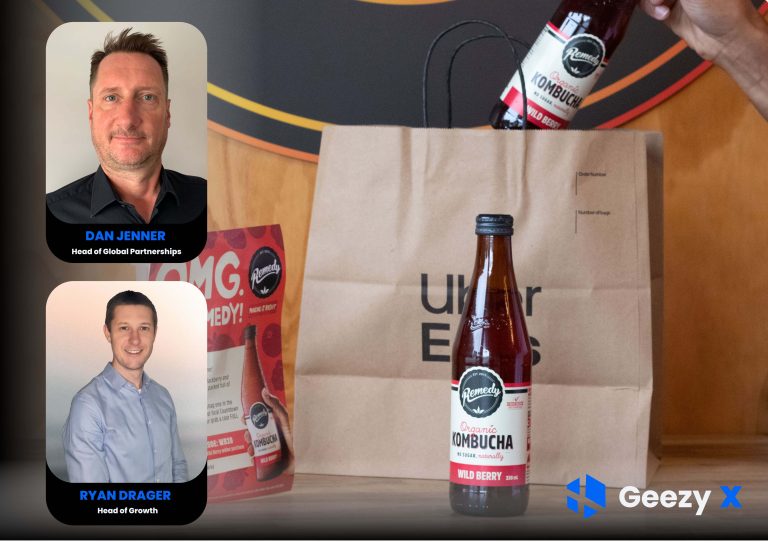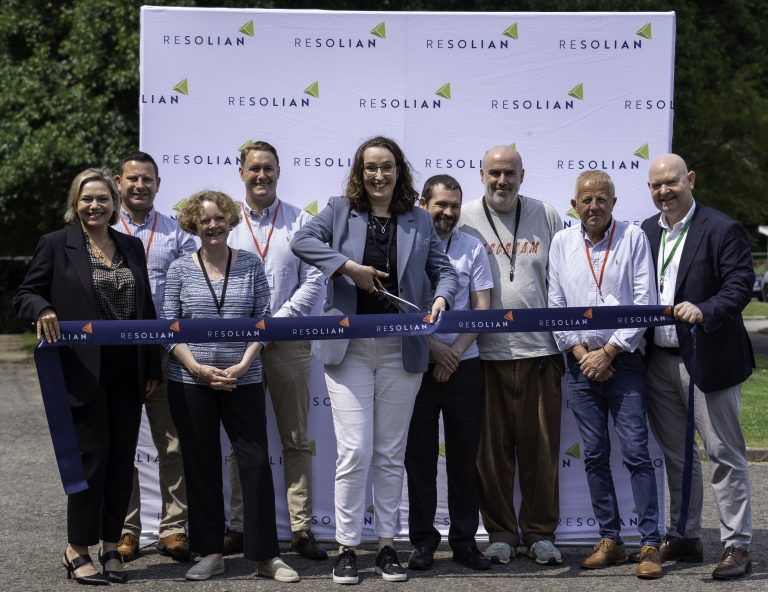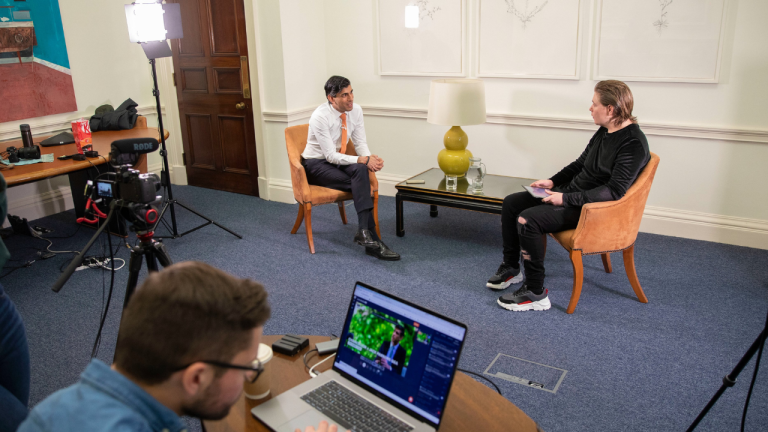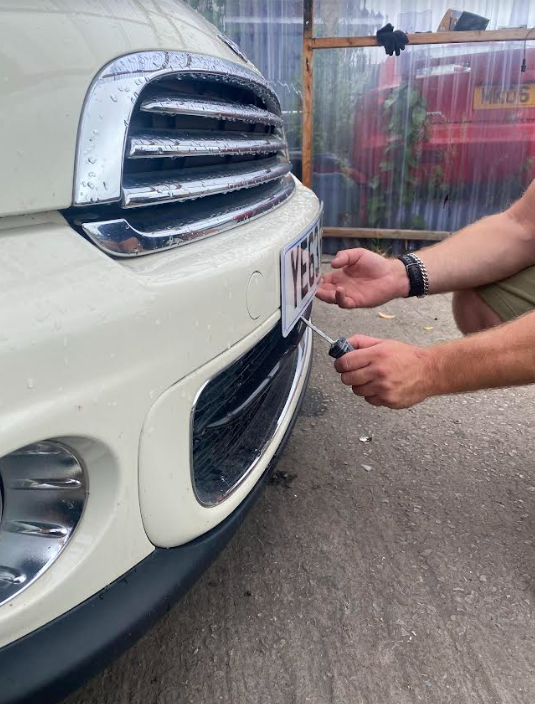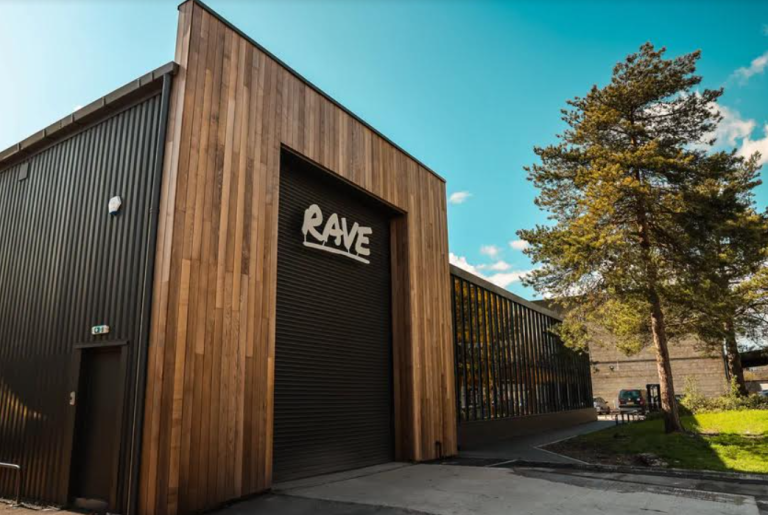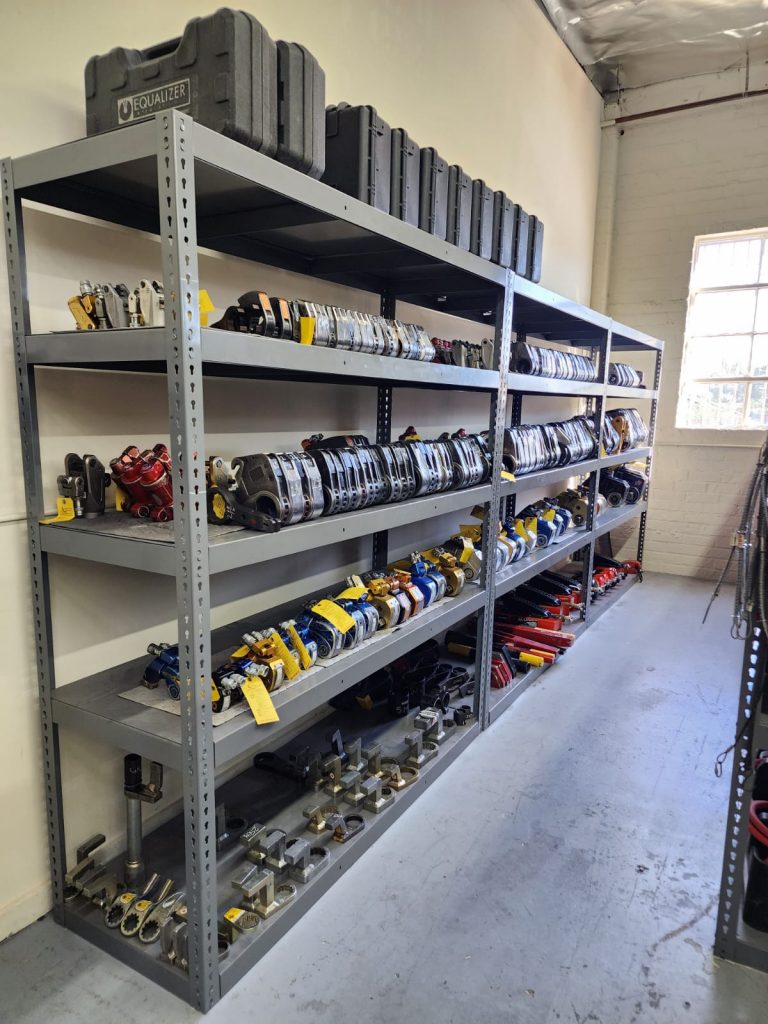A Manchester-based video production company is cautioning businesses about the use of generative AI in their branding videos, citing valid concerns.
AI has been dominating headlines ever since the release of OpenAI’s chatbot, ChatGPT, in November 2022. With an increasing number of advanced tools surfacing on the web, the creative industry has not been immune to the influence of generative AI tools that claim to create original and engaging content with just a few words. Even industry giants like Adobe have ventured into the development of AI-based tools, aiming to simplify processes such as video production. However, the recent introduction of their “revolutionary” Firefly Software has sparked a significant debate around the impact of AI in the industry.
Video production experts, Eight Engines, are challenging the advent of AI in the field.
“While AI is an exciting development with numerous applications, it cannot replace human creativity and emotion. Emotion is the driving force behind sales, brand image, and eliciting reactions. This is precisely why video marketing delivers such high returns on investment,” explained Jack, the company’s director and a video production expert in Manchester.
According to a report from the University of Southern California, emotion plays a pivotal role in video production. The research reveals that emotional video advertisements achieve success rates of 31%, whereas rational content only results in a 16% success rate.
Emotion is a critical element in effective video production—memorable videos are those that evoke an emotional response from viewers. Unfortunately, AI has yet to fully grasp human emotion and convey it convincingly.
Current AI tools, such as ChatGPT, still struggle to fully comprehend human emotion, which ultimately affects their ability to convey any form of feeling. The output often feels cold, devoid of emotion, and, well… robotic.
Eight Engines also highlights the lack of originality in AI-driven video production.
“AI-generated videos lack originality and quality. Software like DALL.E requires expert human input before it can generate something remotely realistic. Often, the resulting videos appear laggy and resemble flip-books of images. AI still has a long way to go before it can compete with high-quality, human-made videos.”
This observation holds true—AI cannot create truly original content. The tool is trained on hundreds of examples of art produced by humans, and it merely reimagines those pieces. Consequently, anything it produces lacks originality, leading to uninspired and flat results when employed in video production.
For now, it seems that using AI in video production may not be advisable.
However, there is a viable solution.
Eight Engines offers their customers genuine, high-quality video production in Manchester and the surrounding areas. Their friendly team can assist in developing original ideas and bringing them to life at the highest standards, ensuring that your branding truly reflects the essence of your company.


